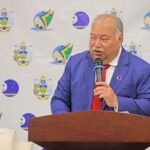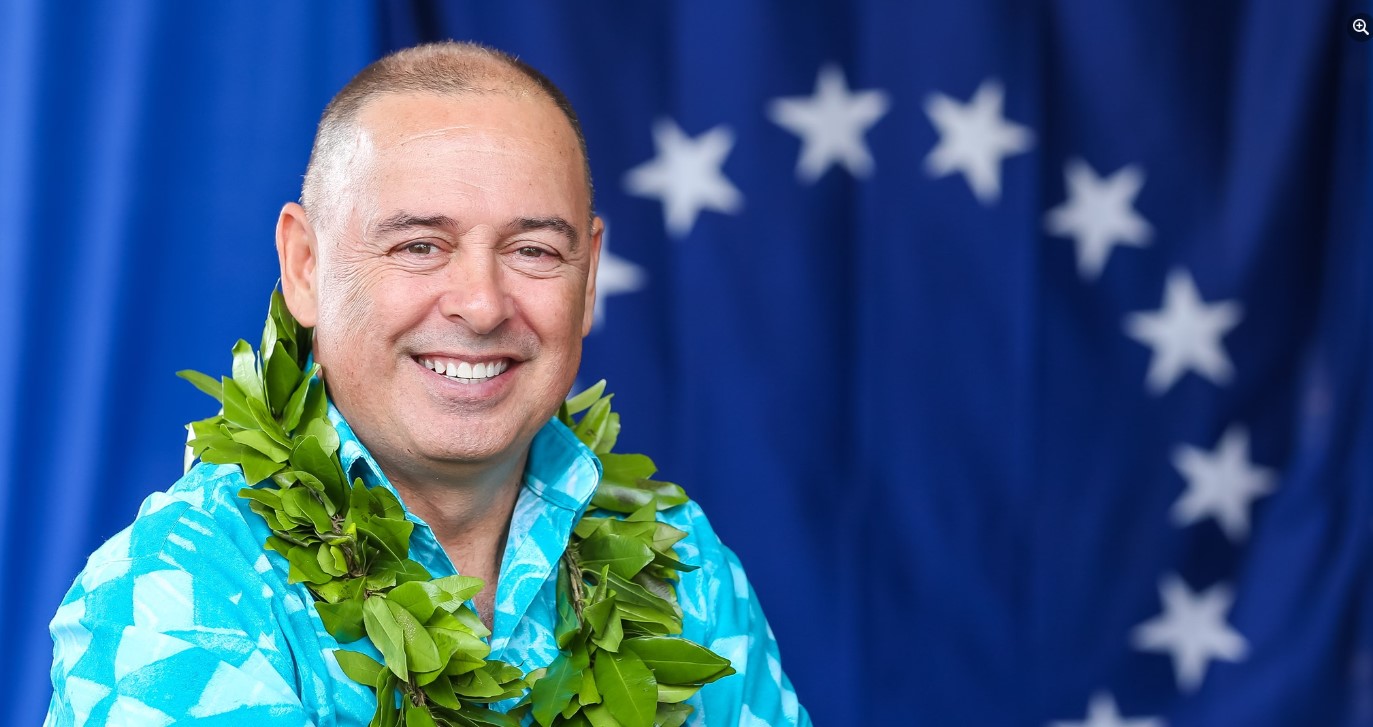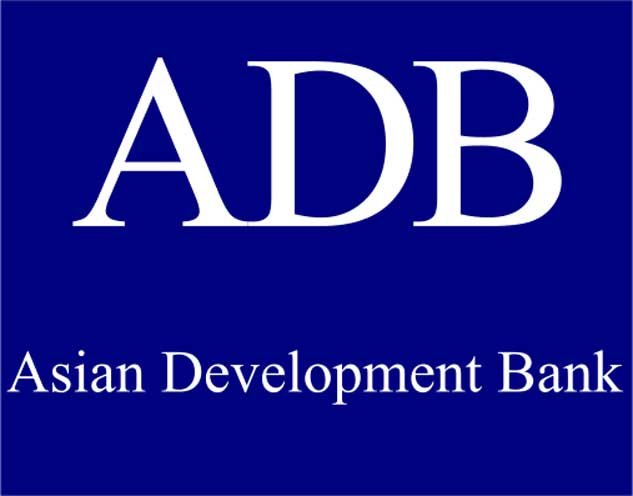by Martin Haffner Associate Editor
In a notable shift in the diplomatic landscape of the South Pacific, the Prime Minister of the Cook Islands has expressed a desire to redefine the relationship with New Zealand, aiming for a partnership that emphasizes independence rather than dependency. This move reflects a growing sentiment among small Pacific nations to assert their sovereignty while navigating the complexities of international relations and regional dynamics.
The Context of Cook Islands and New Zealand Relations
The Cook Islands, a self-governing territory in free association with New Zealand, have traditionally enjoyed a close relationship with their larger neighbor. This compact has afforded the Cook Islands economic support, educational opportunities, and access to New Zealand’s services and infrastructure. However, as global influences shift and the Pacific region becomes increasingly significant in geopolitical discussions, leaders like Prime Minister Mark Brown are calling for a re-evaluation of this long-standing partnership.
Emphasis on Sovereignty and Self-Determination
Prime Minister Brown’s call for reworking ties stems from a broader aspiration for self-determination and an emphasis on the Cook Islands’ unique identity and autonomy. He argues that the current framework should evolve to better reflect the Cook Islands’ status as a self-governing territory with its own priorities, challenges, and aspirations. By seeking to reconfigure the relationship, Brown aims to strengthen the Cook Islands’ position on the global stage and ensure that the voices of its citizens are given more weight in diplomatic discussions.
Economic Independence and Sustainable Development
A core part of this push for greater independence involves economic considerations. The Cook Islands, heavily reliant on tourism and remittances, is seeking to diversify its economy while seeking sustainable development. Prime Minister Brown has highlighted the need for more local control over economic initiatives and a shift toward partnerships that foster innovation and self-sufficiency.
This includes exploring renewable energy solutions, enhancing agricultural productivity, and investing in technology—all aimed at reducing reliance on external support and empowering local communities. The Prime Minister believes that by establishing a more independent economic framework, the Cook Islands can develop a robust and resilient economy that withstands external shocks.
Navigating Regional Dynamics
As the geopolitical landscape in the Pacific region evolves, the Cook Islands must also strategically navigate its relationship with other regional players, including Australia, the United States, and China. By reformulating its partnership with New Zealand, the Cook Islands can assert its agency amidst these changing dynamics, ensuring that its national interests are prioritized in external dealings.
Pacific nations, including the Cook Islands, are becoming increasingly vocal about the need for agency and an equitable share in regional decision-making processes. By fostering a more independent stance, the Cook Islands aims to contribute meaningfully to broader regional discussions about climate change, security, and economic resilience—issues that are particularly pressing for island nations.
Strengthening Cultural Identity
At the heart of Prime Minister Brown’s vision is a commitment to strengthening the cultural identity of the Cook Islands. By reasserting independence in relation to New Zealand, the Cook Islands can prioritize preserving and promoting its unique cultural heritage, language, and customs. This focus on cultural pride is essential for the nation as it strives to create an environment where its citizens can thrive while maintaining strong connections to their roots.
Prime Minister Mark Brown’s ambition to redefine the relationship between the Cook Islands and New Zealand is a significant step toward strengthening national identity and independence. By advocating for a partnership that reflects autonomy rather than dependency, Brown aims to empower the Cook Islands to take charge of its economic future and cultural preservation while navigating the complexities of regional geopolitics.
As the global landscape continues to shift, the Cook Islands’ quest for independence may serve as a model for other small island nations seeking to assert their sovereignty and foster sustainable development. The outcome of this pursuit will be closely watched, with implications not only for the Cook Islands but for the broader Pacific region and its evolving role in international affairs.












